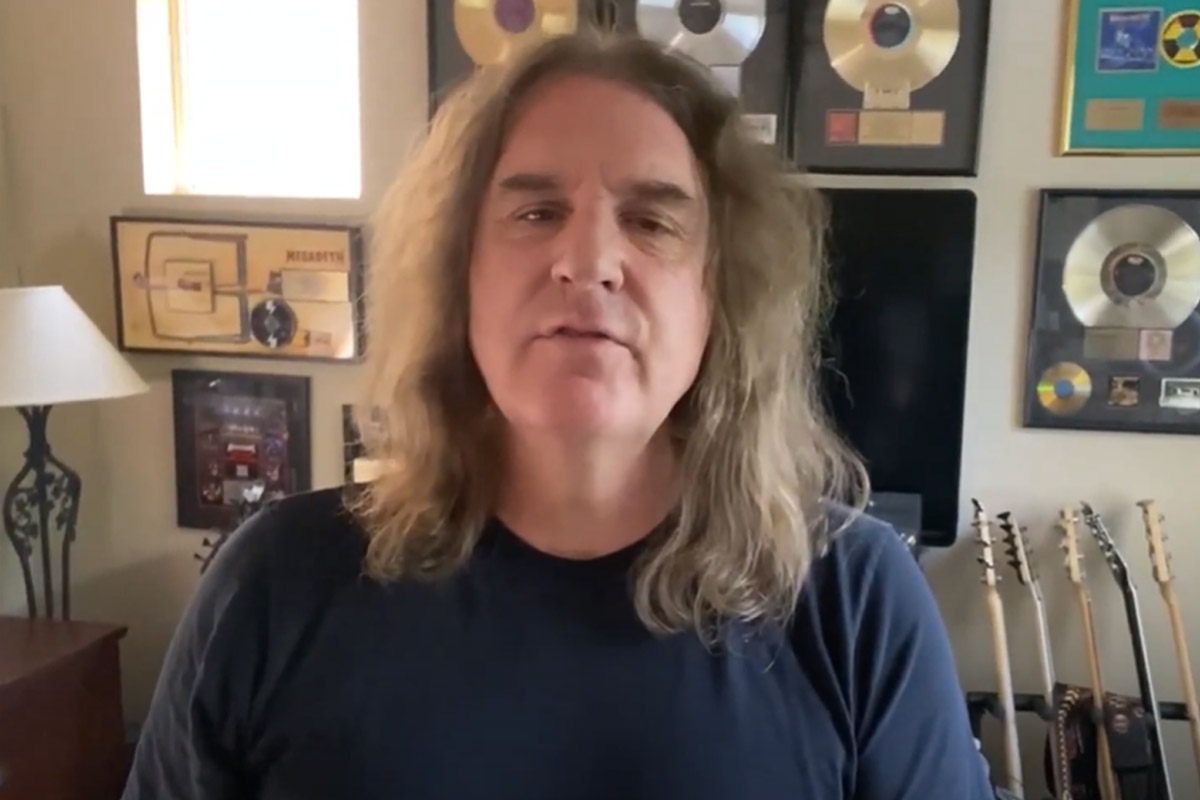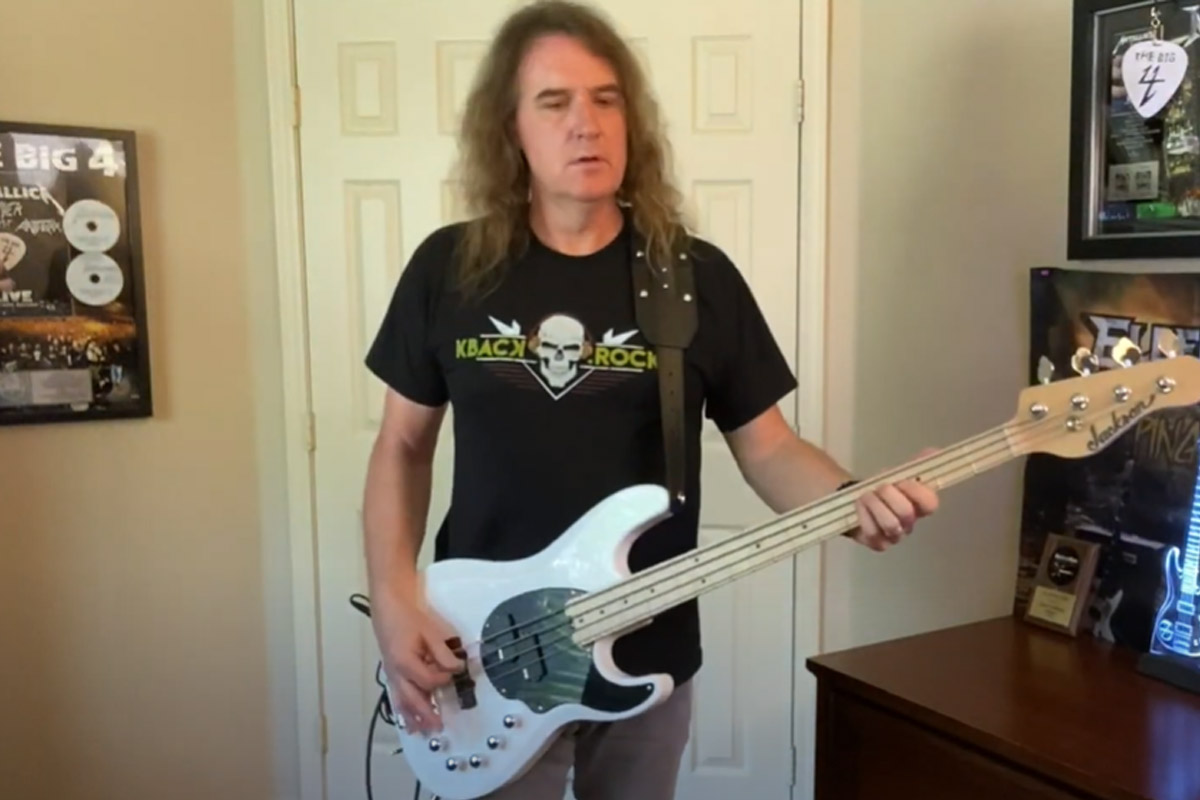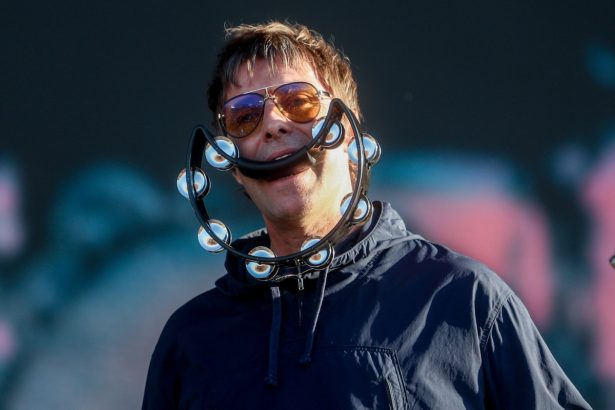Former Megadeth bassist David Ellefson shared his thoughts on nu metal’s relevance in a recent YouTube interview. The discussion focused on the genre’s influence on metal music’s evolution during the 1990s.
“Is nu metal dead? I would say not. It came out roaring, and it was the next thing in the 90s,” Ellefson stated. “There was grunge, and there was nu metal.”
“To me those were the challenges as a thrash band that Megadeth, we faced,” he continued. “Cryptic writings sort of threaded the needle and got us through it. As we had a manager who said with ‘Risk’ we zigged and the rest of the world zagged.”
“Meaning we went kind of lighter, more mainstream,” Ellefson explained. “But radio and the audience in the world was going heavier, more Godsmack, more Disturbed, and more of that. Whereas we went to more… ‘Risk’ wasn’t even Radio Rock. It was just too light period for what the market was doing. We missed the mark on that one.”
Ellefson’s recent statements illuminate a crucial period in metal music history. His insights specifically highlight the challenges traditional metal bands faced during alternative genres’ rise.
The Grunge Effect

Metal news outlet Blabbermouth highlighted Ellefson’s revelation about early 1990s metal culture. Metal fans experienced intense pressure to reject grunge bands like Nirvana, creating tension within the community.
This shift in musical preferences forced established metal bands to reconsider their direction. Many groups began incorporating new elements to maintain their relevance.
‘Risk’ And Musical Evolution

In his conversation with Louder Sound, Ellefson stood by Megadeth’s controversial album ‘Risk’. He maintained its status as ‘one of the great Megadeth records’ despite its departure from their signature sound.
The album embraced electronic rock elements as part of an experimental approach. This calculated risk aimed to adapt to changing musical preferences but failed to connect with the band’s established fanbase.
Nu Metal’s Lasting Impact

MetalSucks covered Ellefson’s balanced view on genre evolution. The bassist acknowledged nu metal’s powerful influence throughout the 1990s metal scene.
His recent observations demonstrate how thrash metal bands like Megadeth navigated this transformative period. They faced the challenge of balancing musical innovation with artistic integrity.





